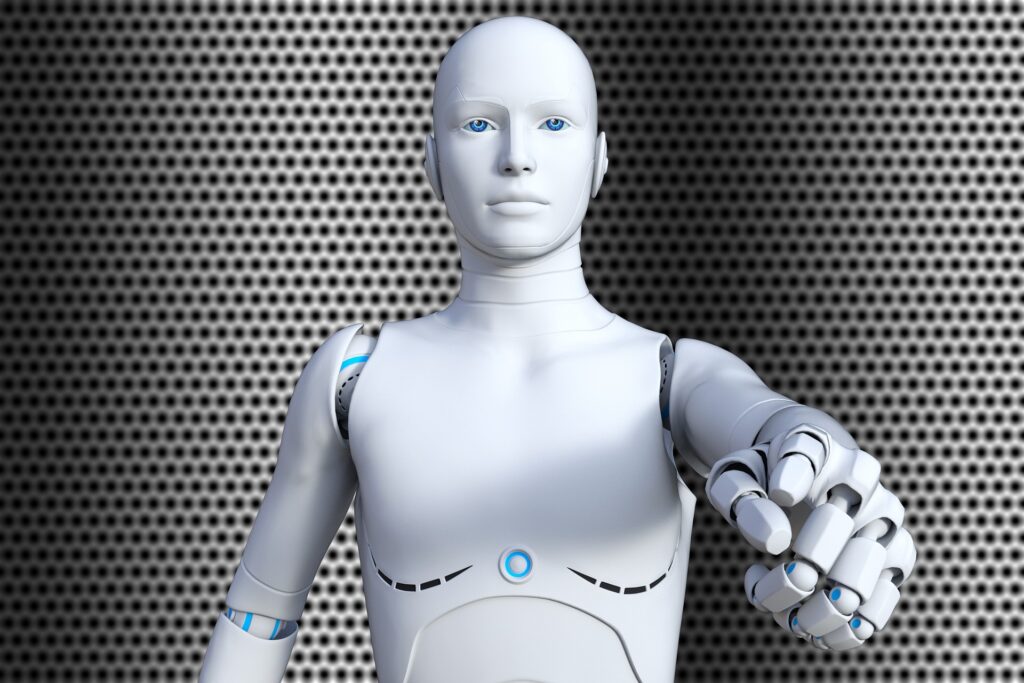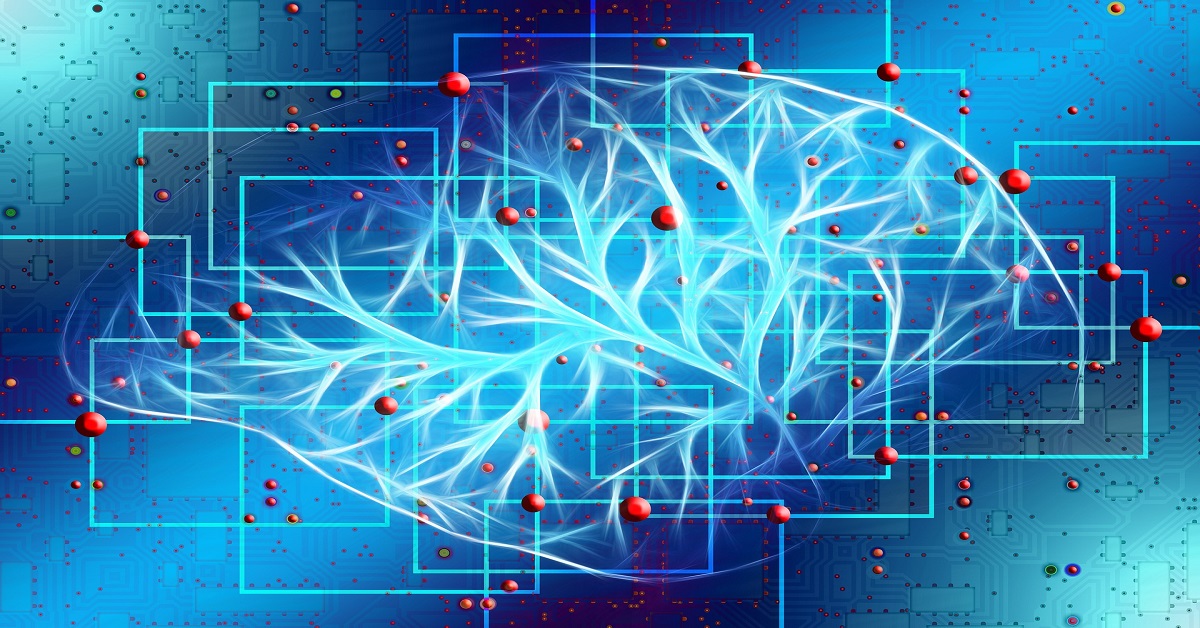Throughout history, AI has been depicted as the villain in popular culture and films, featuring memorable antagonists such as HAL 9000 in 2001: A Space Odyssey, Auto in Wall-E, T-1000 in the Terminator series, or Ultron in Avengers: Age of Ultron. However, is this really the direction that AI is heading towards? Will all AI programs become self-aware, turn rogue, and wreak havoc on society?
Thankfully, the answer is no. The future of AI presents countless possibilities and applications that will simplify our lives in numerous ways, shaping a brighter future for humanity. So, what impact will AI have on humans in the future? Let’s delve deeper to find out.
Transport Sector:

The transportation industry has seen significant advancements in AI technology, particularly with the widespread adoption of autonomous vehicles. Major auto manufacturers and tech giants such as Tesla, Google, and General Motors have developed reliable driverless cars, offering a safe and efficient driving experience.
The future of AI in transportation will continue to expand, with the potential for increased applications in autonomous vehicles beyond just cars. Trucks, buses, motorcycles, and other vehicles may also see the integration of autonomous driving technology, leading to enhanced safety and improved user experience. The possibilities for AI in transportation are endless and highly promising!
Educational Sector:

The education industry is on the brink of a major technological revolution with the integration of AI. With its potential to transform both offline and online education, AI is set to open up new frontiers for students and teachers alike. In the future, we can expect to see robot tutors that will work alongside teachers to enhance the quality of education delivered. For instance, if a teacher misses a crucial concept, the AI tutor will quickly draw their attention to it. In addition, AI robot tutors can take charge of repetitive tasks like grading homework or keeping attendance, freeing up valuable time and resources. The future of AI in education is exciting and full of possibilities!
Healthcare Sector:

The role of AI in healthcare is rapidly expanding and is poised to revolutionize the way we diagnose, treat, and manage diseases. With the increasing availability of large volumes of health data and the development of advanced algorithms, AI is helping to enhance the quality of care and improve patient outcomes. From personalized treatment plans based on a patient’s genetics and medical history to early detection of diseases through advanced imaging and screening techniques, the potential applications of AI in healthcare are vast. Moreover, AI-powered predictive analytics can help healthcare providers identify patients at high risk of developing certain conditions.
Here are the bullet points summarizing the impact of AI in healthcare:
- Enhance the quality of care and improve productivity
- Improve patient engagement levels and streamline their access to patient care
- Increase the speed and reduce the costs of developing new procedures and treatments
- Personalize healthcare facilities and treatments with data analytics tools to provide better diagnosis and treatment
- Find the balance between medical data access and privacy to ensure patient data confidentiality, which is currently a major hurdle in implementing AI in healthcare.
Home Robots of the Future

AI-powered home robots have already found their way into our homes, performing various tasks such as cleaning and vacuuming. However, these robots are currently limited in their capabilities and intelligence. The future of AI in home robots promises to bring more advanced features, increased capabilities, and greater personalization. For example, future home robots will be able to navigate and detect objects more efficiently, overcoming the limitations of their current counterparts. According to General Electric, the next generation of home robots will not only be efficient assistants but will also possess life-like personalities, becoming a true companion in the home.
Police Sector:

The concept of using AI robots as cops is no longer limited to sci-fi movies like Robocop. In the future, we can expect AI robots to play a larger role in policing, including fighting and investigating crimes, as well as other tasks like prison security, administrative work, and emergency response. But the most exciting prospect of AI in policing is its potential for crime prediction. By leveraging facial and behavior recognition, object detection, and pattern recognition, AI tools can help prevent crimes before they occur, as seen in the movie Minority Report. This will not only save lives but also prevent property damage and other crime-related losses.
Space Exploration

AI has already made its mark in the field of space exploration, with organizations like NASA utilizing it to control unmanned shuttles, rovers, and probes to explore distant galaxies. These AI robots can navigate around objects and obstacles, find safe routes, and help discover new locations that would otherwise be difficult to reach.
In the future, AI will play a crucial role in space exploration missions, from planning to execution to operation to completion. It will also be used to detect and prevent catastrophic events, such as meteor impacts or spacecraft component failures, which will improve the efficiency, output, and safety of space exploration missions. It is clear that the future of AI in space exploration is promising and will continue to help us uncover the mysteries of the universe.
Artificial Intelligence in Wars:

The use of robotic soldiers in modern warfare is no longer confined to science fiction. Autonomous robots are now assisting human soldiers in various military operations, which is changing the way wars are fought. While on the one hand, these robots are reducing human casualties, on the other hand, they are also causing more destruction. Additionally, there are ethical concerns regarding the use of robots without human control in wars.
Despite these concerns, the use of robots in wars is likely to increase in the future, with entire wars being fought by AI robots. However, international regulations will be developed regarding the type and role of robot soldiers that can be used in wars. It is unlikely that complete autonomous robot soldiers will be used in wars, as some human control will be necessary to prevent the robots from causing excessive destruction.
Conclusion:
In conclusion, it is evident that AI will continue to have a significant impact on our lives as technology continues to evolve. As AI becomes more advanced, it will simplify our lives and streamline various operations, making tasks more efficient and effective.

